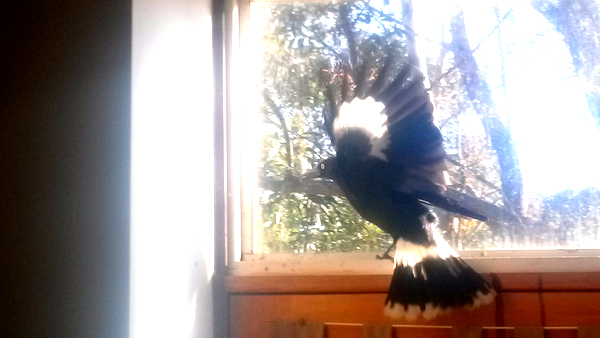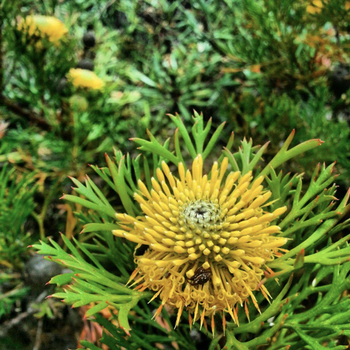 My week of Monday 20 to Sunday 26 October 2014 was moderately productive. Not as productive as I’d hoped, but close enough.
My week of Monday 20 to Sunday 26 October 2014 was moderately productive. Not as productive as I’d hoped, but close enough.
Winter is definitely over. Despite the snowfall nearby last week, this week temperatures in the Blue Mountains rose to 28C or more, and the weekend brought a mix of bright blue skies and the occasional thundery rainstorm. We have broken the climate.
Podcasts
- Corrupted Nerds: Conversations 12, being a discussion of mandatory telecommunications metadata and surveillance with Carly Nyst, legal director of Privacy International.
- “The 9pm Vision for Australia”, being The 9pm Edict episode 31, 22 October 2014. It includes quite a bit about the passing of Gough Whitlam.
Articles
- Will metadata musings ever mature beyond paranoid fears?, ZDNet Australia, 20 October 2014.
I’ve also written a second piece for ZDNet Australia, as well as a piece for Crikey, both of which will be published on Monday.
Media Appearances
- On Wednesday, I spoke about Telstra wholesale pricing and how it affects your phone and internet bills on 1395 FIVEaa.
- On Thursday, I was a guest on the recording of this week’s Download This Show for ABC Radio National.
Corporate Largesse
None.
The Week Ahead
It’ll be another busy one, structured around a trip to Sydney on Tuesday to go to a lunchtime briefing from NetSuite and then the OpenAustralia Foundation Pub Night. I’ll be staying in Sydney overnight.
Arranged around that will be the writing of a security-related feature plus my regular column for ZDNet Australia, and the production of an episode of The 9pm Edict, probably in that order. The exact details are still to be sorted out.
The weekend is unplanned.
[Photo: “Flustered currawong”, taken when a pied currawong (Strepera graculina) managed to find its way into Bunjaree Cottages on 26 October 2014.]


 A few minutes after doing the
A few minutes after doing the